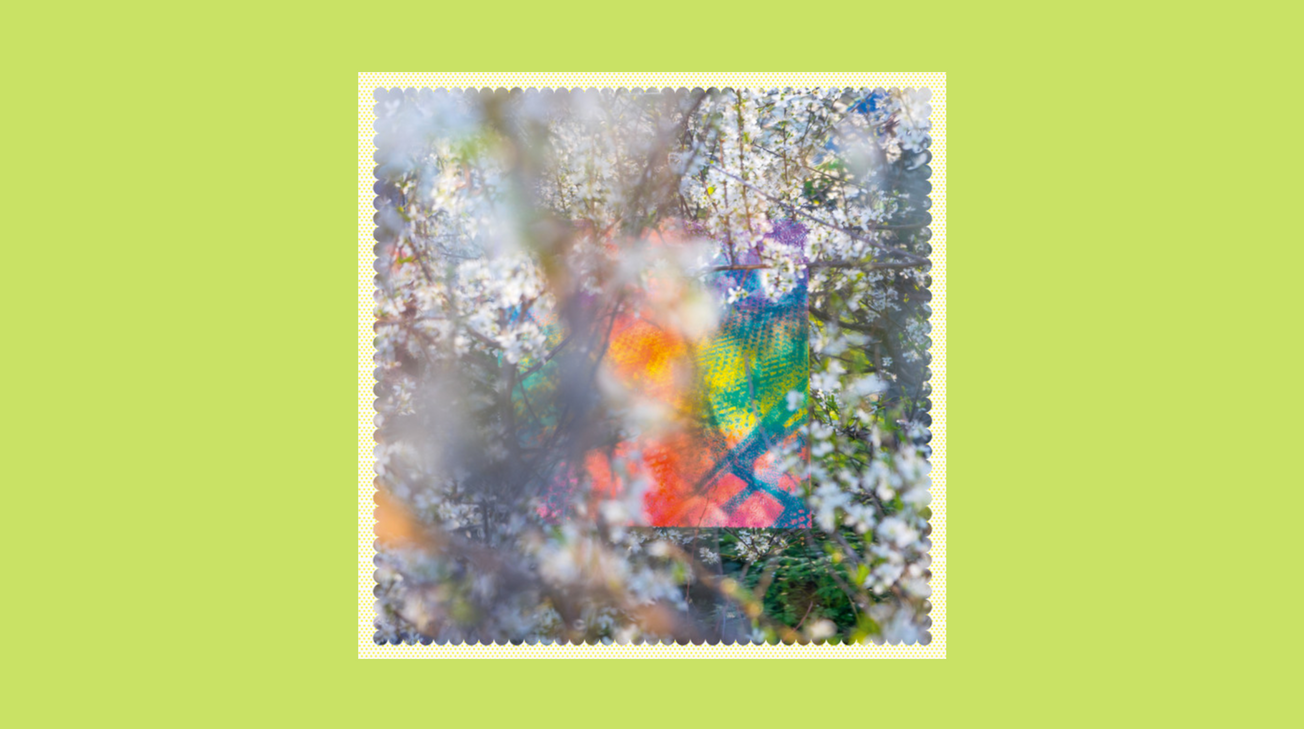By Oli Loveday, Third Year Social Policy
Over sixteen tracks Four Tet aka Kieran Hebden, crafts a soulful electronic expanse, moving between crisp dance floor cuts and an ambient offering that’s his best yet.
The album starts with ‘School’, heavy tripping beats and a shimmering synth melody make for an uplifting but somewhat withheld opener. This is followed by ‘Baby’, featuring the vocals of Ellie Goulding. Her voice is drawn-out and cut-up to provide both melodic loops and percussive hits, a technique synonymous with Hebden’s recent output. The track bounces along with an infectious energy that’s momentarily suspended in fluttering ambience before coming back for a reinvigorated second round. ‘Teenage Birdsong’ - the album’s first single - adopts a slower tempo and centres its focus on a bold flute melody.
There are three further club cuts on the record. ‘Love Salad’, the album’s longest track at just over seven minutes, builds layers of samples, bright synths and vocals over a tightly wound beat. Here, Hebden shows us his powerful command of suspense and release. At several moments the drums give way to synths that feel trance-like before dropping back into a driving intensity. ‘Insect Near Piha Beach’ starts with distant, industrial drums which quickly pull into focus and become the heaviest on the album. Elongated bass notes glide along - not dissimilar to the A-side of 2015’s Morning/Evening - leaving space for a sitar to rise and fall in chaotic fashion. ‘Something in the Sadness’ is perhaps the weakest offering on the record, rolling along quite happily but without much to hold onto. However, after this track the album takes a deep breath “…” and dives into a luscious ambient act.
Hebden shows us his powerful command of suspense and release. At several moments the drums give way to synths that feel trance-like before dropping back into a driving intensity.
These last six tracks ground the record. ‘1993 Band Practice’ and ‘Bubbles at Overlook 25th March 2019’ act as temporal bookends for the record, while ‘4T Recordings’ - named after the solo alias under which Hebden first released music - ‘Green’, ‘This Is for You’ and ‘Mama Teaches Sanskrit’ feel like it’s emotional core. In ‘4T Recordings’ a slowly shifting drone and some carefully placed electronic dust support a stunning vocal invocation.
A few tracks seem to combine both the beat-led and ambient tendencies on the album. Of those, ‘Romantics’ is one of Hebden’s most luscious and subtle productions in years. A sparse drum loop gives way to a wash of acoustic samples and electronics, before a softly oscillating vocal demands “say you wanna love me”. The vocals are drawn-out by a cathedral of reverb, which echoes the longing in this request. The effect is quite overwhelming.
It’s hard to sum up Hebden’s approach to music making over the past quarter century. But perhaps the clearest line that ties his work together is a desire to keep moving forward. While Sixteen Oceans is similar in format to 2017’s New Energy its offerings are stronger and suggest that Hebden is drifting towards a more ambient sensibility. Overall, the record gives the impression of a thoughtful artist caught in deep reflection. And in this strange and uncertain period of social distancing it seems to provide a sense of solace. Hebden wrote about the record on Twitter ‘when things are intense I always turn to music. So hopefully the release is a helpful thing for some people’.
Featured Image: Four Tet/Sixteen Oceans/Text Records
What did you think of Four Tet's latest record?








